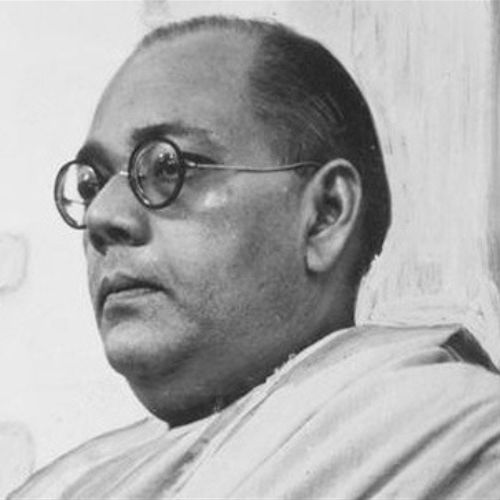Early Life:
Sarat Chandra Bose was born on 6th September 1889 in Cuttack, Odisha. He got his MA from Presidency College, Kolkata in 1909 and became a legal practitioner in 1911. He was enrolled in the Honourable Society of Lincoln Inn’s Society and practiced as a Barrister in England from 1912-1914.
He was a member of the Bengal Legislative Council and was a part of the Indian National Congress. Bose was also elected as an Alderman multiple times in the Calcutta Corporation.
Role in India’s Independence Movement:
Bose left his professional practice to join the Civil Disobedience Movement in 1930. He supported and bankrolled the revolutionaries in Bangalore. He was arrested in 1932 for three years due to his involvement in the Civil Disobedience Movement.
Bose was involved with parties having socialist alignment such as the Forward Bloc, founded by his brother Subash Chandra Bose. He was placed under house arrest on 11th December 1941, over British suspicion that he was colluding with Japanese forces. He was under such arrest for four years.
Contribution to Constitution Making:
Bose was elected to the Assembly from Bengal, through a Congress ticket. However, his term in the Constituent Assembly was short-lived due to his disagreement with the Congress on partition of Bengal and Punjab.
Later Contributions:
Bose vehemently opposed the partition of Bengal and Punjab over religious lines and resigned from the Congress Working Committee on 6th January 1947. He started a protest campaign against Mountbatten Plan in February 1947 and strived for the formation of a United Independent Bengal.
He envisaged India to become a Socialist Republic and published newspapers such as The Socialist Republican, Mahajati, and The Nation to voice his opinions. He even formed the Socialist Republican Party in August 1947.
He died in Kolkata on 20th February 1950.
Key Writings:
Bose’s writings have been compiled in the following works: Selected Speeches and Writings of Sarat Chandra Bose (1947-50) by Sarat Chandra Bose, Published by Sarat Bose Academy; The Glory of Bondage: Sarat Chandra Bose’s Letters to Daughter Gita (1942-45) by Sarat Chandra Bose and Gita Biswas; I Warned My Countrymen by Sarat Chandra Bose, Sisir Kumar Bose and; The Voice of Sarat Chandra Bose Selected Speeches (1927-41) by Sarat Chandra Bose, Sisir Kumar Bose, Suman Chattopadhyay.
- Sarat Chandra Bose: Remembering My Father by Sisir Kumar Bose.
- Brothers Against the Raj: A Biography of Indian Nationalists Sarat and Subhas Chandra Bose by Leonard A Gordon.
- Subhas and Sarat: An Intimate Memoir of the Bose Brothers by Sisir Kumar Bose.

